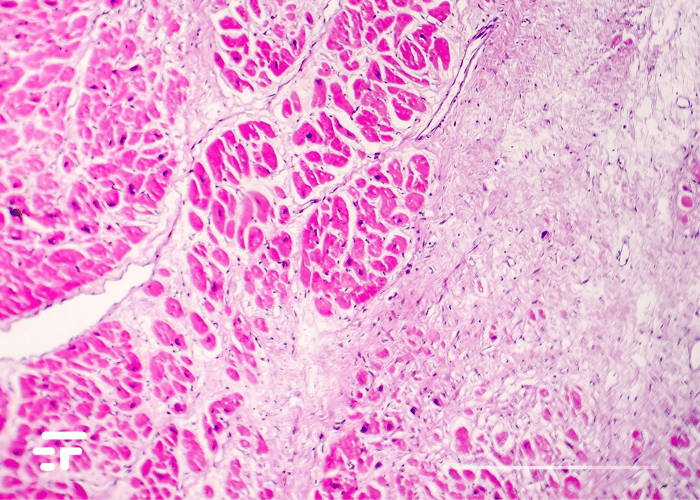Macrophages migrate through our arteries by eating fat to get it out. When full, however, they can constrict blood vessels and induce heart disease. Researchers from the UConn Health USA published a study in Nature Cardiovascular Research which shows how eliminating a protein can help ward off this problem. And prevent strokes and heart attacks in humans.
Our cleaning company
Macrophages are large white blood cells that function like a cleanup crew that moves around our body, cleaning up dangerous debris. On the other hand, macrophage activity, as mentioned, can cause problems in people with atherosclerosis when fat deposits and inflammation develop in their blood vessels. They eat excess fat inside the walls of the arteries, but that fat causes them to become frothy. And foamy macrophages tend to encourage inflammation in the arteries and sometimes break up plaques, releasing clots that can cause infarct, ictus or embolisms in other parts of the body.
The study on the protein against heart attacks and strokes

The researchers found that a protein called TRPM2, activated by inflammation, signals macrophages to start eating fat. Since inflammation of blood vessels is one of the primary causes of atherosclerosis, TRPM2 becomes widespreadly activated, producing the chain reaction that leads to serious problems.
“TRPM2's mechanism of action amazed the team,” he says Lixia Yue, a cell biologist at the UConn School of Medicine. “They form a real vicious circle that promotes the development of atherosclerosis.”
Yue e Pengyu Zong, the first author of the paper, have demonstrated a way to stop the cycle, at least in mice. They eliminated TRPM2 from a mouse model with atherosclerosis: result? No apparent negative effects, but no more atherosclerosis. And now?
The next step
The team is trying to understand whether increased TRPM2 expression in monocytes (precursors of macrophages) in the blood is linked to the severity of cardiovascular disease. If they discover a link, high TRPM2 levels could be a risk indicator for heart attacks and strokes.
It could be the beginning of the end for two great human killers.


